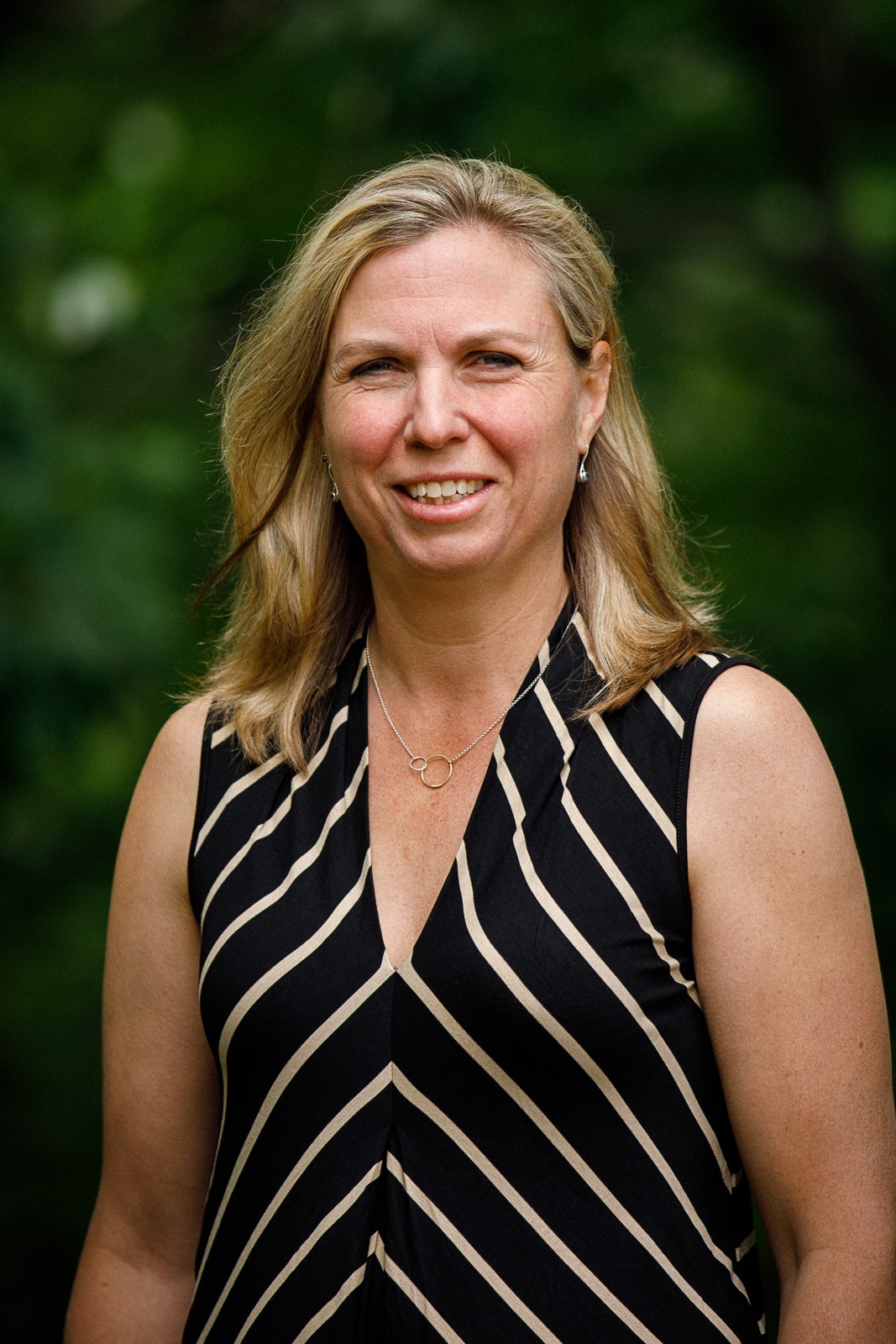We caught up with the brilliant and insightful Beth Bengtson a few weeks ago and have shared our conversation below.
Beth, thanks for joining us, excited to have you contributing your stories and insights. Let’s kick things off with talking about how you serve the underserved, because in our view this is one of the most important things the small business community does for society – by serving those who the giant corporations ignore, small business helps create a more inclusive and just world for all of us.
Working for Women is nonprofit giving community made up of businesses and professionals who, through the power of collective giving, help women reach financial independence by connecting them to jobs, investing in training and education, and changing the conversation surrounding the barriers facing women in the workplace.
Our Why
In the United States, factors related to socio-economic status and race prevent all women from participating and progressing in the workforce. Income inequality is exacerbated for women from marginalized communities esp. women of color.
In the US:
• 1 in 8 US Women live in poverty
• Single mother is the quickest path to poverty
• 46% of all working women are in jobs with median earnings of $10.93 per hour
Nonprofits that help women from marginalized communities enter and stay in the workforce are few and lack resources.
Yet when women do better, economies do better. Our model is a win-win-win for all involved – the women, the nonprofits and businesses that support them and at the end of the day our society.

Awesome – so before we get into the rest of our questions, can you briefly introduce yourself to our readers.
I believe observing and listening to women is the key to developing strategies to elevate the economic status of women in the U.S. I volunteered directly with women through local organizations and mission trips around the world. I found women living in poverty have tremendous strength and skill. They do not need handouts; they need support. I know there are many organizations working to alleviate the struggles of economically disadvantaged women, and they all have one thing in common: they need resources.
As founder and CEO of Working for Women, I’m committed to using the power of business to do social good for just such organizations in the U.S. My vision is that all women have the opportunity for economic independence. My business career has shown the power and possibility when you are able to apply the resources of the business world to help nonprofits grow their organizations.
Did you know that the fastest route to poverty in the US is being a woman? It’s worse for women of color and single mothers.
When women do get into the workforce, they face wage gaps, child and family caregiving chasms, opportunity and training gaps, and countless other barriers to be able to achieve economic mobility and independence. The challenges are exponentially worse for low- and hourly earners, immigrants, those experiencing generational poverty, or women escaping domestic violence or recovering from substance abuse.
Ironically, these women are also economic drivers. Women invest the money they earn into their families, their communities, and the larger economy. It is good business to get more money into the hands of women and make for a stronger economy for all. McKinsey Global Institute reports that $12 trillion could be added to global GDP by 2025 by advancing women’s equality.
I started Working for Women as a nonprofit with the goal of elevating U.S. women from marginalized communities into the workforce and towards financial independence by helping like-minded businesses and professionals join forces and multiply their impact. This means you don’t have to become an expert in charity because we do the work for you. Our giving circle model invests your financial contributions into a network of vetted grassroots organizations serving women in a growing number of cities across the country.
Are there any books, videos or other content that you feel have meaningfully impacted your thinking?
Many books have influenced my thinking but to name a few: Soul of Money – https://www.goodreads.com/book/show/185526.The_Soul_of_Money
Let My People Go Surfing https://www.goodreads.com/en/book/show/22155
The Future of the Responsible Company https://www.goodreads.com/en/book/show/122863992
A Better World, Inc https://www.goodreads.com/en/book/show/122863992
Have you ever had to pivot?
First, on a trip to Guatemala. I met a group of prostitutes who essentially were running their own small businesses by selling the only service they had to offer. These women had fundamental business skills earning enough to cover their rent, pay the gangs, and support themselves and families. It was not the place or time for me to help this specific group of women, but I realized that I must do more to mentor women and help them recognize their potential.
Second, when I was running a small digital marketing consulting business in the Hudson Valley, my business partner and I adopted a community giving policy where we donated 1 percent of our revenues — not just profits — to advance women’s causes. To be honest, we struggled. There are a lot of organizations doing good work and competing for donor dollars. As a business person, I wanted to know that my money was being used effectively and efficiently to create meaningful results. In addition, our staff wanted to feel involved. We did not have the bandwidth to identify and properly vet opportunities. I figured we were not alone.
The convergence of these two events in my life became a call to action and the birth of Working for Women over 6 years ago.
Contact Info:
- Website: www.workingforwomen.org
- Instagram: https://www.instagram.com/workingforwomen/
- Facebook: https://www.facebook.com/WorkingforWomen/
- Linkedin: https://www.linkedin.com/company/working-for-women/
- Youtube: https://www.youtube.com/channel/UCqDC6-KRM6wk90bIu4fOYPQ
Image Credits
Matthew Gillis


